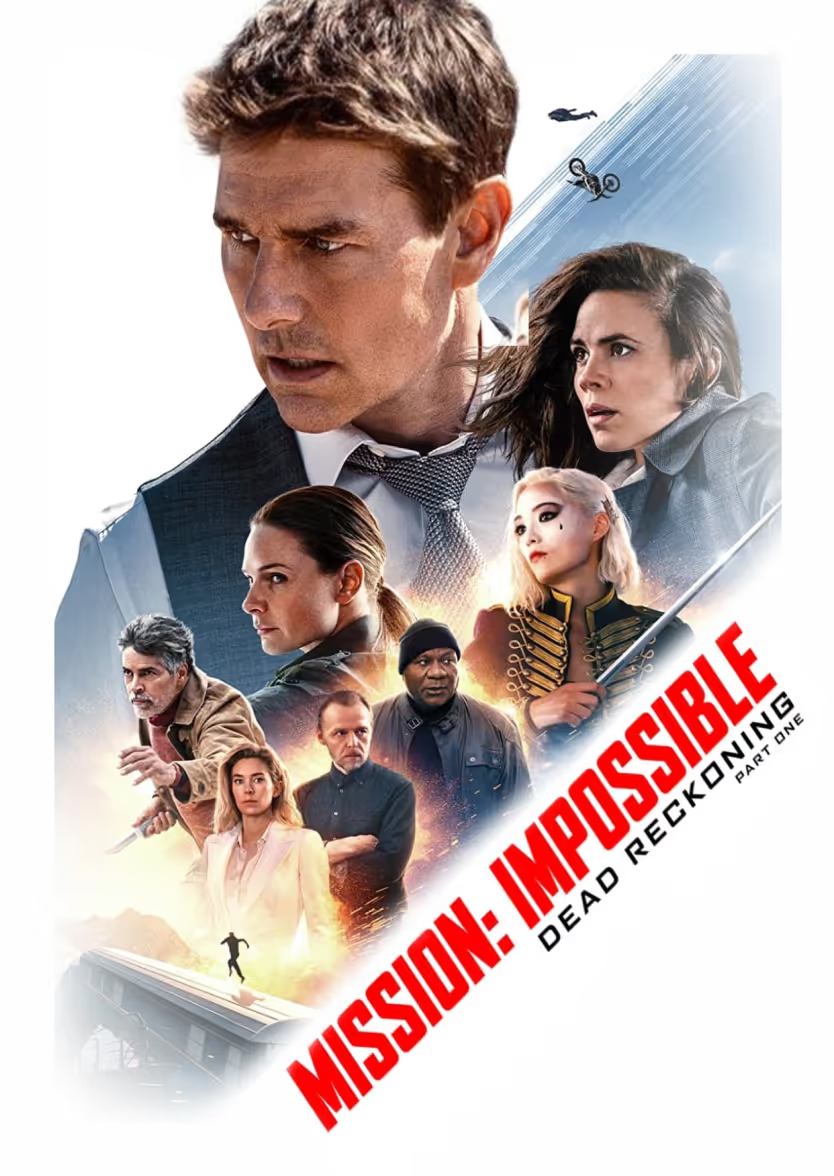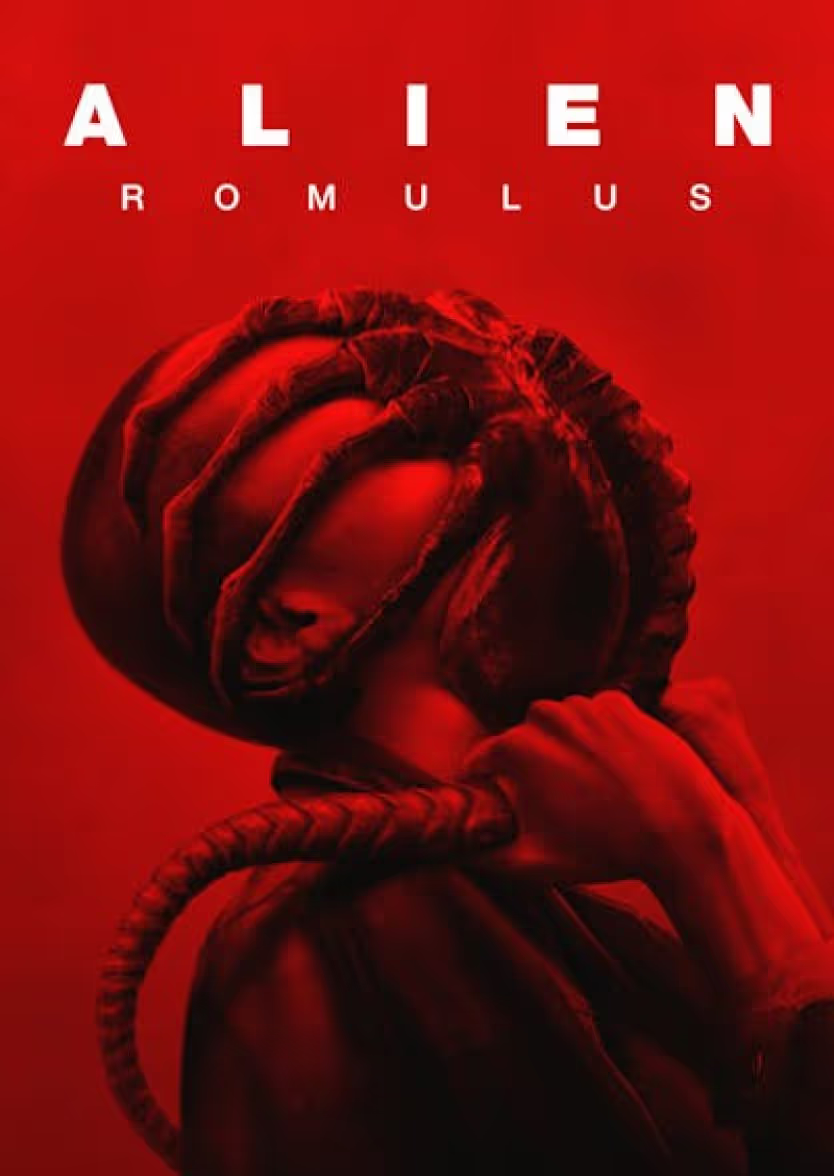“I always felt like [I was] a more visual person and editing is storytelling with visuals. It’s like putting a puzzle together.”
Peter Daucsavage’s experience is vast, working in a multitude of different post production arenas. Getting his start editing and coloring, Daucsavage worked on nearly 100 national commercials and hit music videos for the likes of Bazzi, X-Ambassadors, Lindsey Stirling, Jackson Browne, Foxygen, and Limp Bizkit. He then transitioned to narrative television as an assistant editor on shows like American Vandal, Who Is America, and Brockmire. He is currently an editor on Crank Yankers, credited on all 20 episodes of season 5 and is slated to do the same for season six.
The following has been condensed and edited for clarity.
What initially drew you to post production? Was there a “gateway drug” film or TV show that started your passion specifically for that side of the industry?
I guess it started in high school, kind of out of necessity of people just wanting to make movies. Jackass was a big thing in our friend group, so a lot of people were like, “I have a camera, let's do this or let’s do that.” Then, when it came to watching it later, nobody knew what to do. So to prevent these tapes from ending up in people’s closets, I jumped in saying we need to digitize them and cut it in a way we can watch over and over again.
Of course, nobody should have been doing Jackass stuff, but that’s what drew me to editing. In film school, I jumped into all different kinds of stuff thinking maybe I would try to be a DP or director. Then editing came up again, and I liked editing. I always felt like [I was] a more visual person and editing is storytelling with visuals. It’s like putting a puzzle together, which was always really fun for me. The problem of how to make something work is always a fun one to work on.
What is the Crank Yankers workflow like? Do editors get their hands on the raw phone call audio or video if there is any? Are you assigned episodes or sketches?
It’s pretty unique. We get the call first, which can be pretty long, and then a “call editor,” who is different from the picture editors, chops it down to around four minutes. That’s what is used to record the puppets lip syncing the same call track over and over again from anywhere from four to 20 different angles. It’s almost like a music video.
Then, we bring that into Premiere. Last season, (season 5) we used Avid but felt Premiere might work better for the remote workflow. Once all the footage is brought in we have our main call audio on the bottom and every take on top of that and jump back-and-forth between the two. There are also usually a lot of small VFX moments or split screens to make sure everything is timed exactly how we want. And this year, since every actor and actress was doing calls from home, we have Zoom videos of their faces. We were able to pop those in at any point during the call, like VH1’s Pop-Up Video. Last year, we did some special YouTube videos with a split screen but we’ve done nothing like this before.
As far as the breakdown goes, there are two editors that work on the show and we split up the calls where we prioritize the ones we think are going to go in the early episodes. Usually, they’re fairly well blocked out because you don’t have to have the same actor too close together in back to back episodes; unless it’s Jimmy Kimmel [Kimmel is one of the show creators], he can go anywhere he wants [laughs].
How have things changed with Covid? I imagine it’s probably a little different for your show since it was never shooting actors but puppets.
It's quite a bit different. Last season, we were actually in little rooms off of the stage. If we wanted to, we could just walk right in and watch what was being shot and go, “Yeah that’ll work, we can frame that up. That’ll be a green screen there and I know a shot we can put in the background that’s going to work,” which was nice to get a feel for what was coming up a day or two in advance of when it’ll all be synced, logged, and ready for us to work on.
Since you were on the stage, could you get punch-in shots whenever you wanted, since in theory, all you need is just a puppet?
Yeah, we did that quite a bit. Jon Kimmel, who runs the whole show and basically directs everything this season, is really good with that. The puppet people are also amazing; they can put together any kind of puppet as quick as you want and throw it up on a green screen. Then, we quickly put in the background of a shot and suddenly have something like a hot dog fighting a squirrel.
There used to be two crews on two different stages, which meant we could finish almost two calls a day, but this season we only have one crew going at a time. We’re shooting a bit slower and also making the sets less complicated with the biggest thing being how we communicate with our assistant editors, post supervisors and VFX people. [It] used to be I could just walk over to someone and have them take a look at something. The quick communication can be a little bit difficult, but Evercast has been nice for that as it allows us to now have these meetings with producers and directors directly. I thought of something interesting that Evercast gives you the ability to do that you normally wouldn’t have; when I’m playing back my cuts, the cameras are up on everyone. I can watch their faces as an edit is playing and see if they are laughing/smiling or not. Sometimes, it’s kind of painful as they’re not smiling at all but when they laugh where you hope they will, you know it’s working.
That’s great! It’s like your own test audience.
Exactly, I learned that from Sacha Baron Cohen’s test screenings for Who Is America. He brought in a microphone and recorded the audience’s laughter. Then, we laid that back under the whole cut later and you could see where the loudest laughs were just by looking at the waveforms. So all the loudest peaks we knew were well done and we didn’t need to touch those.
What changes from the pandemic and remote working do you hope remain on the other side?
I remember on Brockmire a couple years ago, Hank Azaria wanted to watch the cuts but he was in New York and the system we were using was just not very smooth. I think the push to have that working right now for shows is going to help a lot in the future. It will also help for people who get really busy like directors, actors, and producers who can’t get stuck in an edit bay all day. Having Evercast is nice to get their attention for a little while, get the answers you need and let them move forward with their day. Remote access helped us get a couple extra celebrities this year because they can do it from their home. All we had to do was send over a decent microphone and webcam and help set up the system if they needed it.
What was your transition like from assistant editor to editor, as I know that can be a hard bump to get? Especially for someone like you who had so much experience before jumping into TV.
I have to say, I got pretty lucky. I was working on music videos and commercials for a long time. Eventually, I wanted to get more into TV; that’s what my friends were doing and it was where I wanted to be. At the time, the only person I really knew that was doing post for TV was my friend MacKenzie who was over at Funny Or Die. She set me up with some people there where I worked as an assistant editor for a few years on their smaller level stuff. Then they started making bigger stuff like American Vandal and even though I was non-union then, I was still able to do a stint on that. I met some great people there which led to me being hired on Who Is America for Showtime, which happened to be non-union.
That was actually my next question! You got involved in Who Is America through American Vandal?
Exactly. The post producer and post coordinator from American Vandal got hired and they probably would have hired their assistants that they were working with for the most of American Vandal but they were all union. And I was like, “I’m not union, I’d do any show that’s on Showtime.” I had no idea what it was at the time.
What was the secrecy like? Did you basically have to jump through a bunch of hoops until they closed you in a room and swore you to secrecy?
I had no idea what I was signing on for. They just cold called me one day and were like “Hey, we need a non-union assistant editor for this Showtime show. Are you interested?” It wasn’t until about two or three days before I started where someone on email asked if Sacha was going to be there for the first week. Then when we got there on the first day I had to sign everything and they swore us to secrecy. We also had no idea how long we were going for because we were allowed to do as many episodes as we wanted. I had Google alerts set up for his name and there were maybe two or three times where I saw something like a Facebook comment thinking Sacha was there, which he was, but it’s amazing that it never went any further than that.
But back to making the jump to editor, because of Who Is America I was able to get enough hours to get in the union, which allowed me to go work on more Funny or Die shows like Brockmire and No Activity. Through my wife, Maggie, who works at Jimmy Kimmel, I was able to get to know Jon Kimmel very well. Jon was impressed that I got hired for Who Is America, which I don’t know if I got hired because I was good or just in the right place at the right time. Regardless, he was impressed that I was a part of that group and he obviously has a lot of respect for Sacha. Jon told me they were doing a Crank Yankers reboot and with my prank experience I would be the first one he called. He gave me my first big shot as an editor on a major show.
To wrap up, is there anything you’ve been watching recently, old or new, that stuck out to you as especially well cut together?
Been going through the Criterion Channel and I’d always heard really good things about the editing in Bob Fosse’s movie Lenny. Then when I watched it, it felt years ahead of its time style-wise and just kind of blew my mind. There’s also Bergman’s Persona. I was like holy crap and just kept going back to check when this was made. TV wise, I just finished The Knick and I really liked the editing in that. The way music works throughout it is really fun because it doesn’t always fit the time period but still totally works.
Create together remotely, in real time
















.avif)









.avif)


.avif)